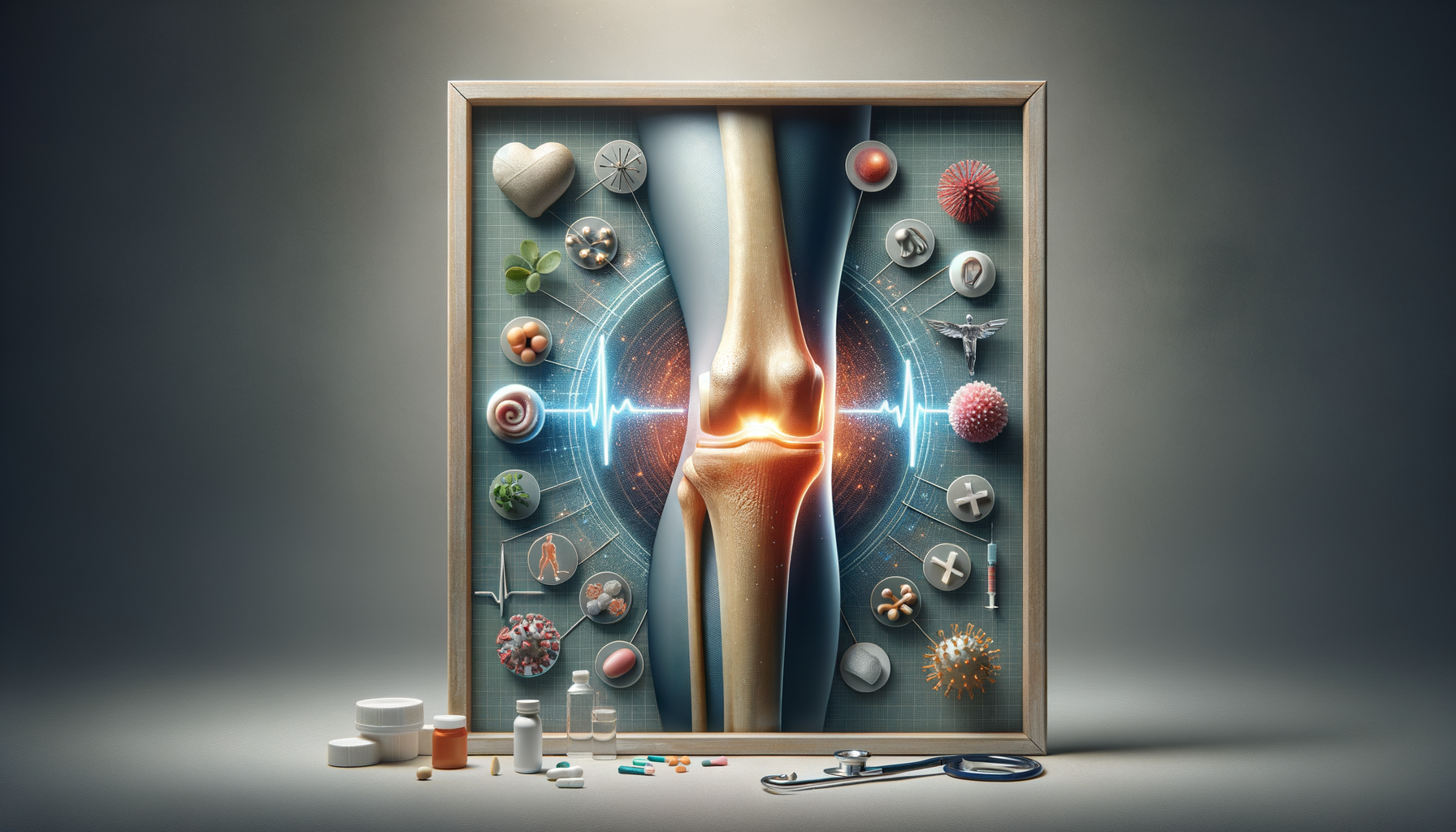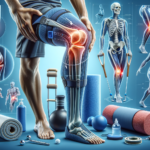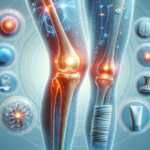The Prevalence and Impact of Knee Pain
Knee pain is a common ailment affecting millions across the globe, and Florida is no exception. With an active population and a significant number of elderly residents, knee discomfort can range from mild to debilitating. The causes of knee pain are varied, including injuries, arthritis, and overuse. This condition can severely impact quality of life, limiting mobility and reducing the ability to perform daily activities.
According to the Centers for Disease Control and Prevention (CDC), approximately 15 million Americans report experiencing severe joint pain related to arthritis. In Florida, where outdoor activities are a year-round possibility, knee pain can be particularly limiting. For those who enjoy activities like golf, tennis, or simply walking along the beach, knee pain can be a major obstacle.
The economic impact is also significant. The cost of knee pain treatments, including medications, physical therapy, and surgeries, can be substantial. Beyond the financial burden, the emotional toll of chronic pain should not be underestimated. It can lead to frustration, depression, and a sense of isolation for those unable to participate in activities they once enjoyed.
Understanding the prevalence and impact of knee pain is crucial for exploring effective treatment options. By acknowledging the widespread nature of the issue, both individuals and healthcare providers can better address the needs of those affected.
Conventional Treatments and Their Limitations
Traditional treatments for knee pain often involve a combination of medication, physical therapy, and in some cases, surgery. While these methods can be effective, they are not without limitations and potential drawbacks.
Medications such as nonsteroidal anti-inflammatory drugs (NSAIDs) are commonly prescribed to reduce pain and inflammation. However, long-term use of these drugs can lead to side effects, including gastrointestinal issues and an increased risk of heart problems. Additionally, they do not address the underlying causes of knee pain, providing only temporary relief.
Physical therapy is another cornerstone of knee pain management. It aims to strengthen the muscles around the knee, improve flexibility, and enhance overall function. While beneficial, physical therapy requires a consistent commitment and may not be accessible to everyone due to cost or location constraints.
Surgery is often considered a last resort, typically recommended when other treatments have failed. Procedures such as knee arthroscopy or total knee replacement can provide significant relief, but they come with risks and a lengthy recovery period.
Given these limitations, there is a growing interest in exploring alternative and complementary approaches to knee pain management. These methods may offer effective relief with fewer side effects and a more holistic approach to healing.
Exploring Natural and Alternative Remedies
As awareness of the limitations of conventional treatments grows, many individuals are turning to natural and alternative remedies for knee pain relief. These approaches can offer a more holistic path to healing, focusing on the body’s natural ability to recover and maintain health.
One popular method is the use of dietary supplements, such as glucosamine and chondroitin. These compounds are believed to support joint health and reduce inflammation. While research on their effectiveness is mixed, many users report positive results.
Herbal remedies, such as turmeric and ginger, are also gaining popularity. These natural anti-inflammatories can be consumed in various forms, including teas, capsules, or as part of a balanced diet. Their anti-inflammatory properties have been well-documented, providing a natural way to manage pain.
Acupuncture is another alternative treatment that has been used for centuries in traditional Chinese medicine. By stimulating specific points on the body, acupuncture can help reduce pain and improve function. Studies have shown that it can be particularly effective for knee osteoarthritis.
Finally, lifestyle modifications such as weight management, regular low-impact exercise, and stress reduction techniques can play a significant role in managing knee pain. Activities like swimming or cycling provide gentle exercise that strengthens the muscles around the knee without putting undue stress on the joint.
These natural and alternative remedies offer promising options for those seeking relief from knee pain. By considering these approaches, individuals can take a proactive role in their health, potentially reducing reliance on medications and invasive procedures.








